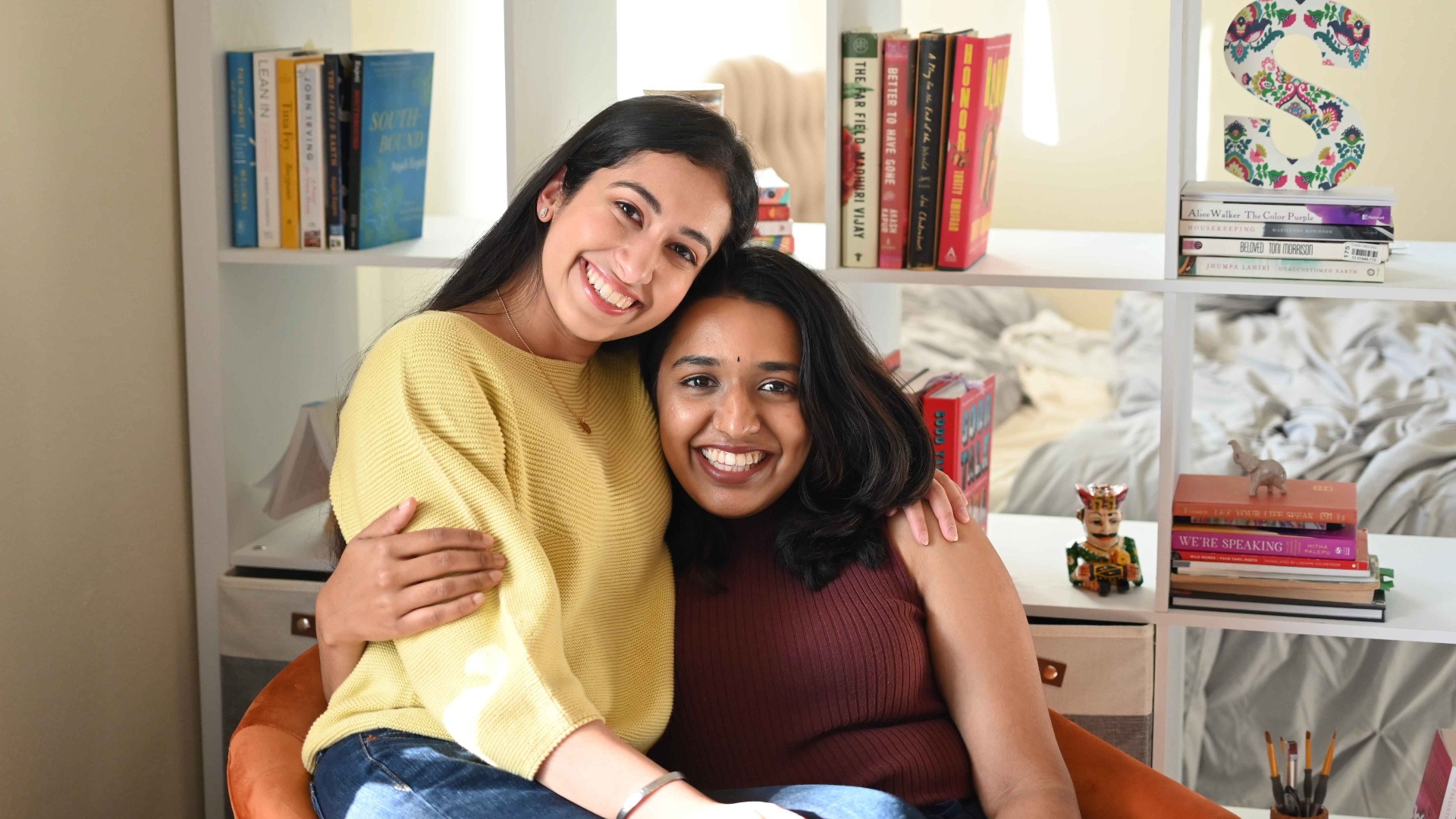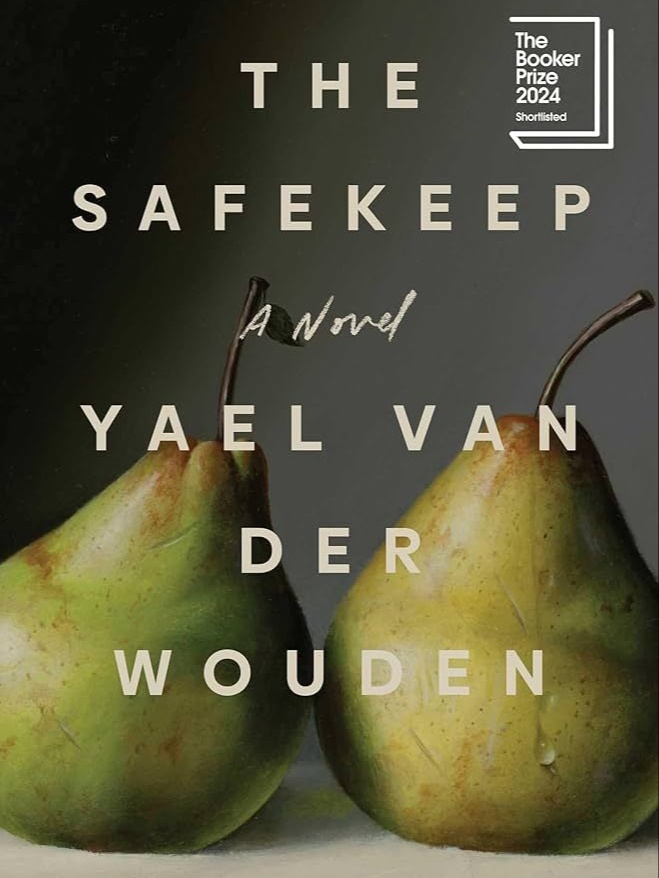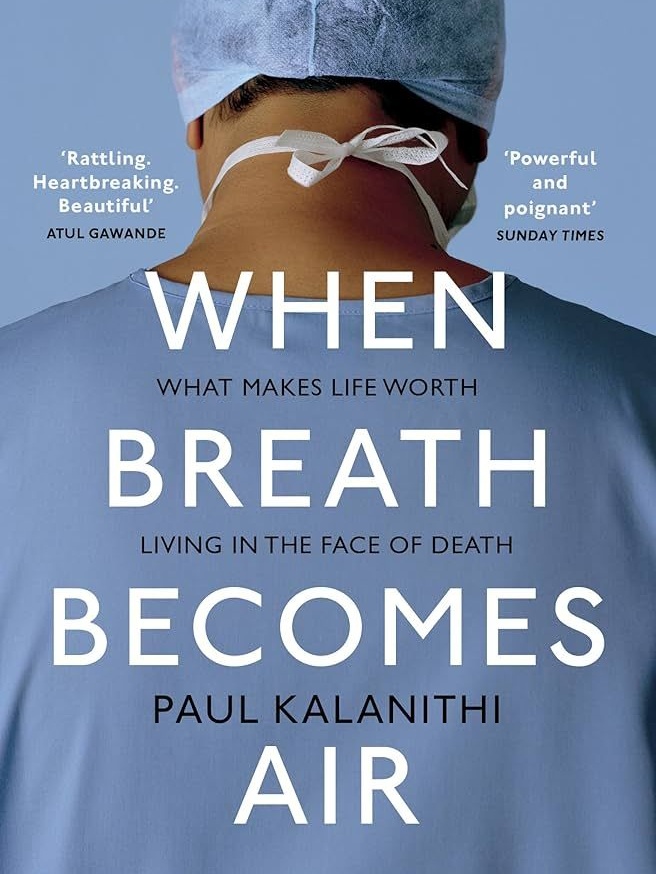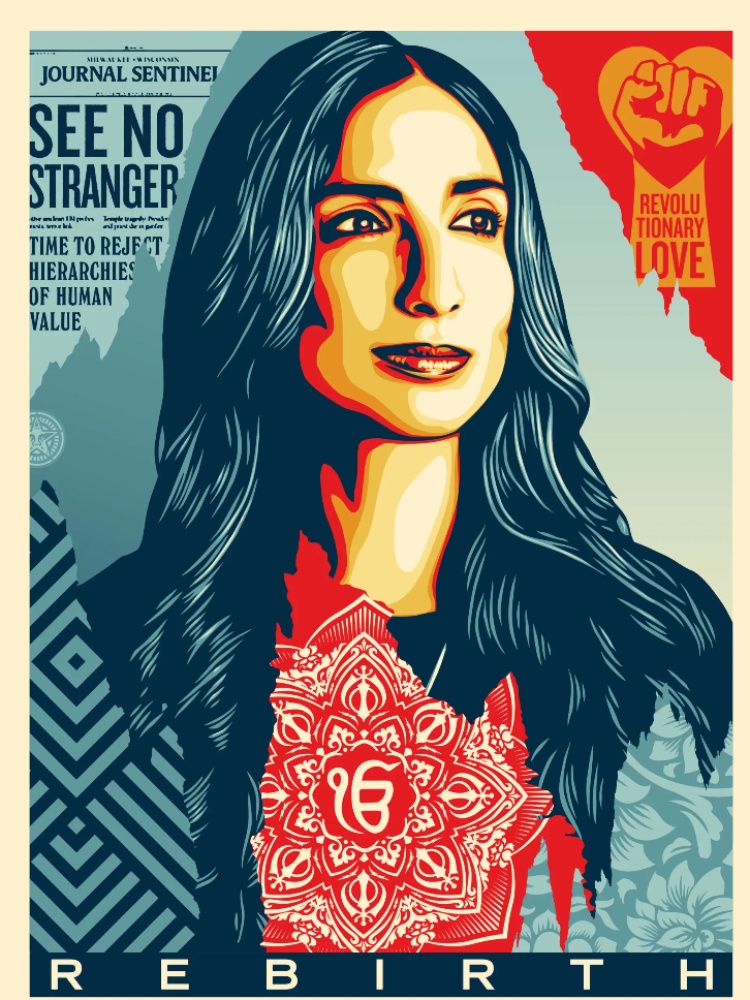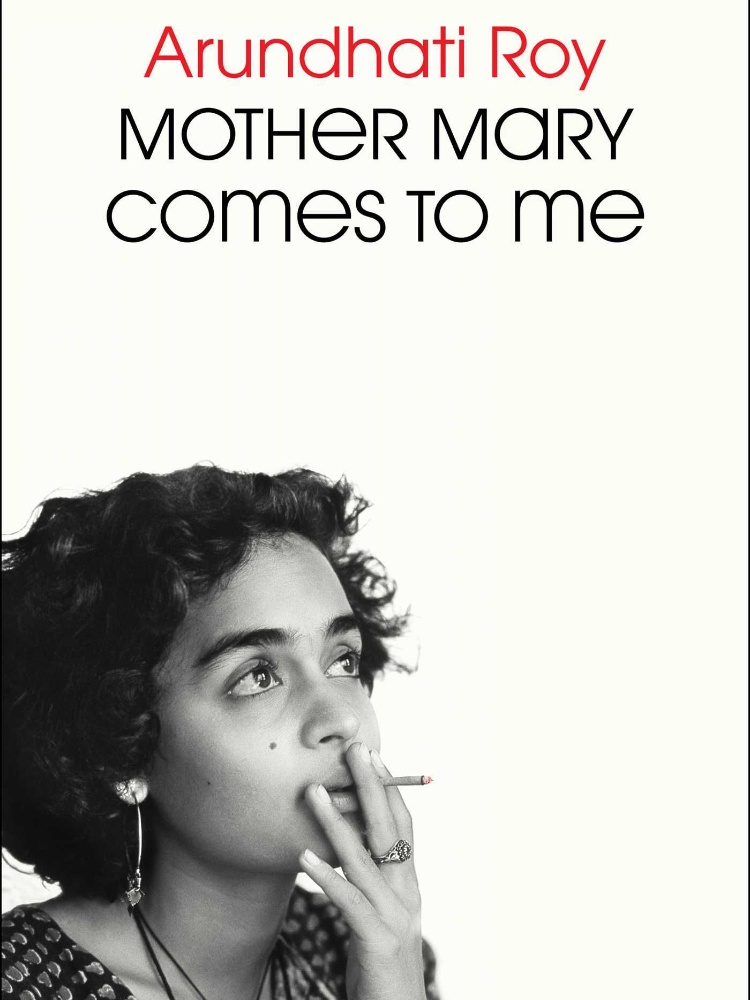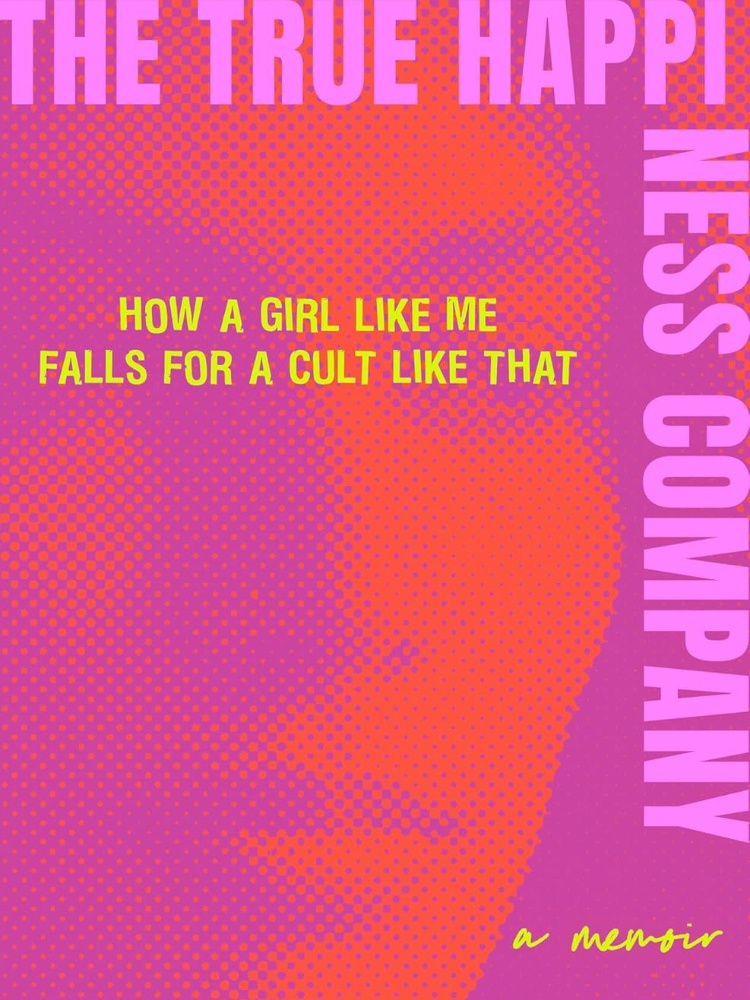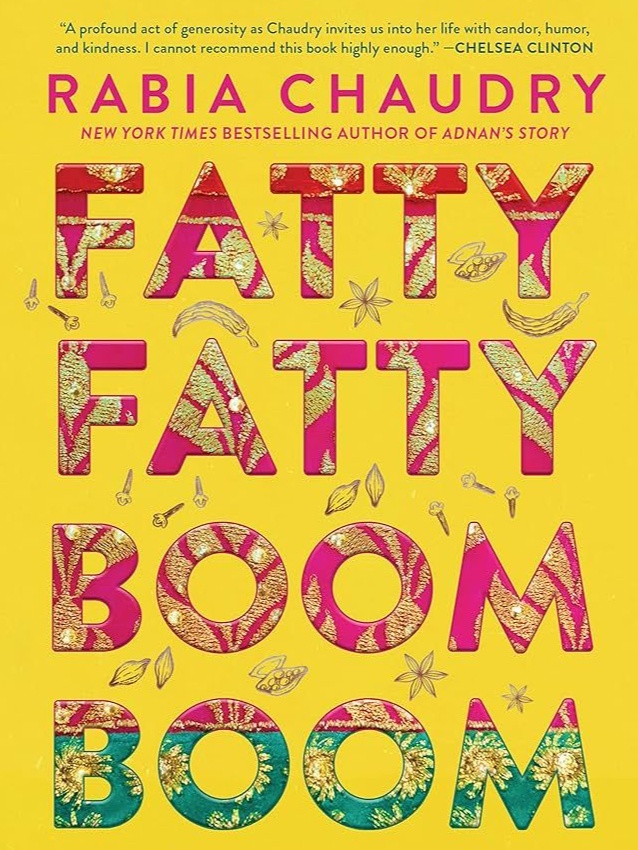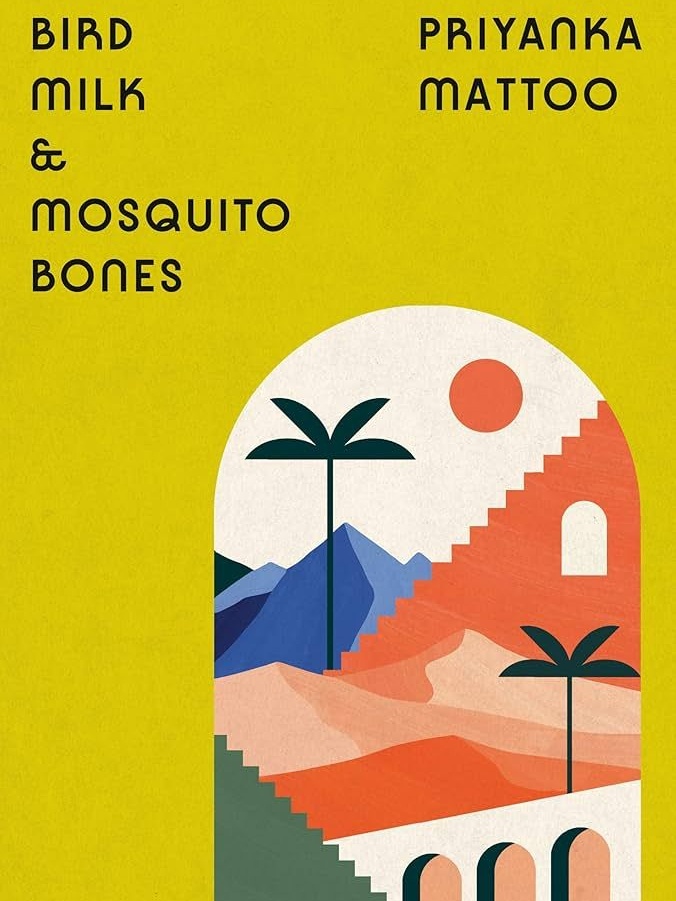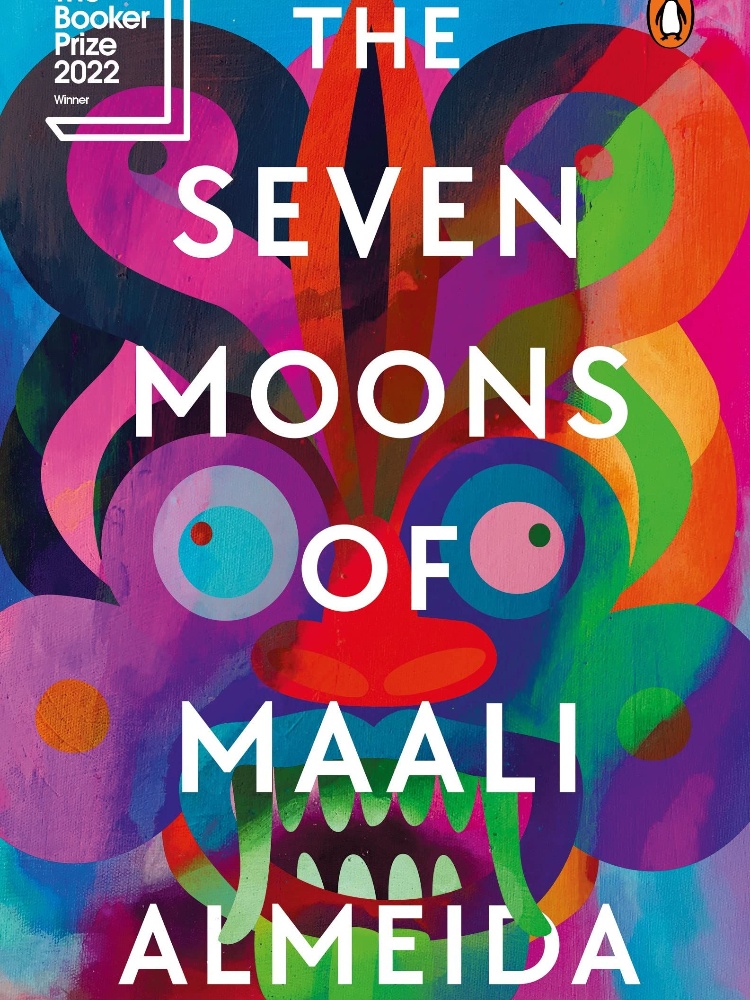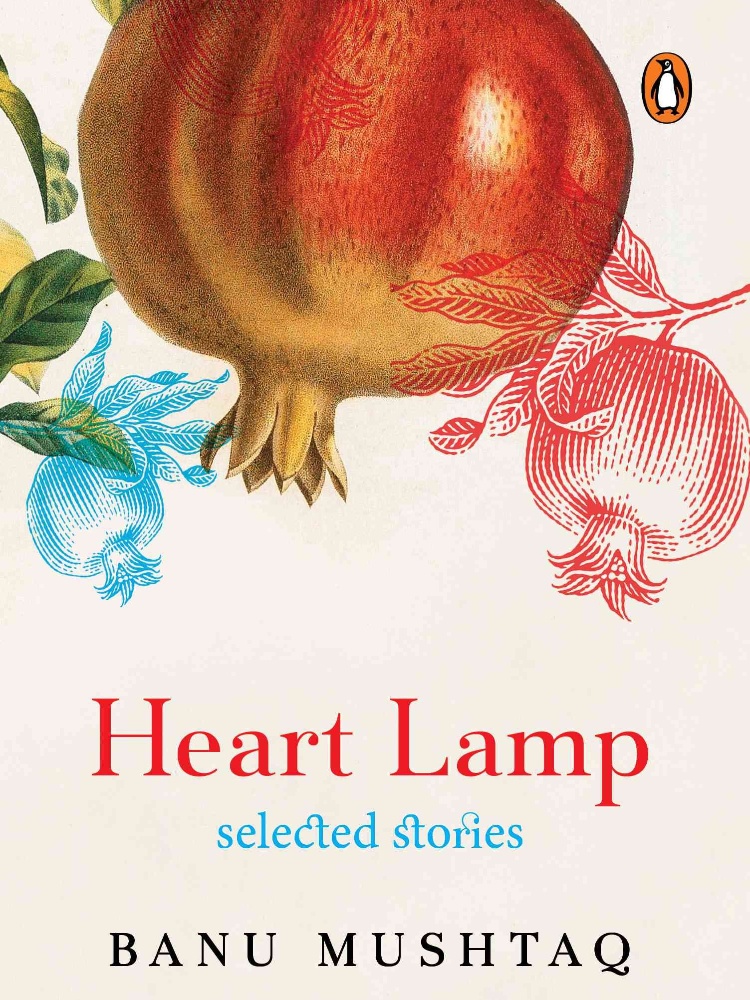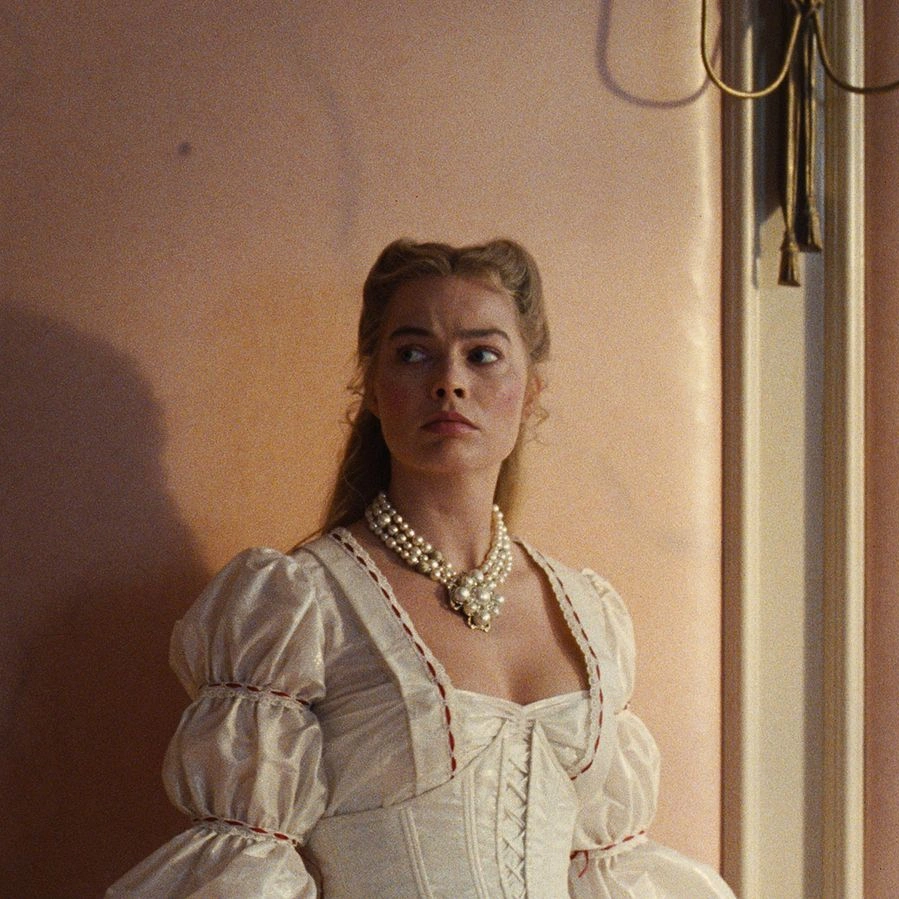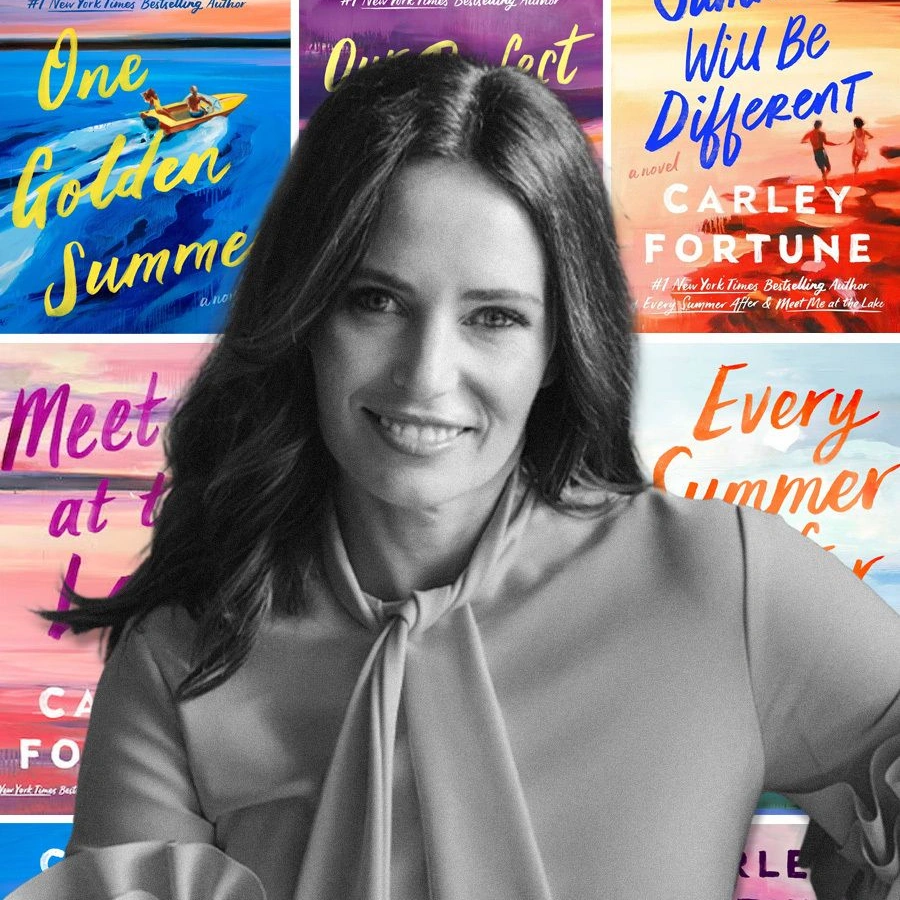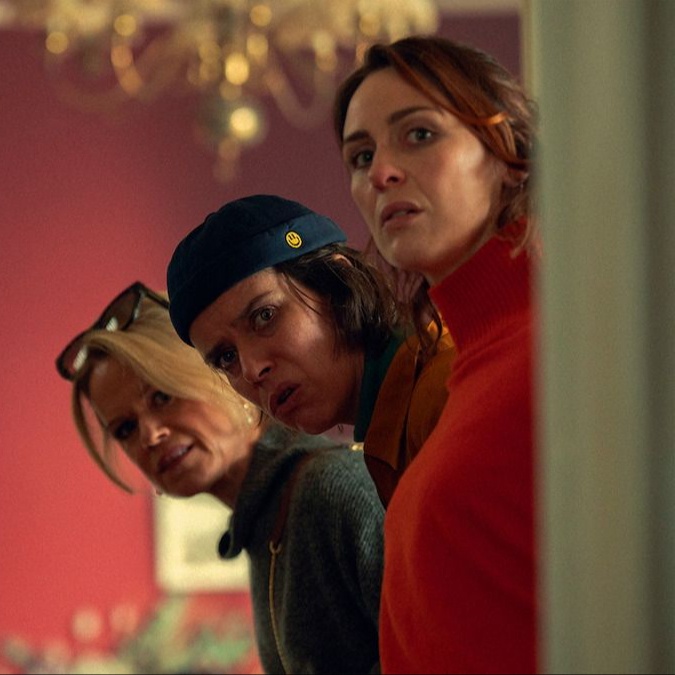A few weeks ago, Mishika Narula and Srisruthi Ramesh of Brown Girl Bookshelf (BGB) posted a seemingly innocent question on their Instagram account: “What is an identity that is missing in South Asian literature?” The responses came in hot and bothered—from colourism and LGBTQ+ representation to regional, urban and contemporary stories. The answers only underscored their mission—to draw attention to the gaps in the representation of creative voices from South Asia and challenge the status quo in publishing.
So, what is their mission? BGB started out of a simple love for reading as a means to understand the complex world around them. It was 2020, and their world at the time was reverberating from the events surrounding George Floyd and the ensuing conversations around anti-racism and DEI. “We would talk on the phone for hours, and instead of discussing think-pieces that social media was pushing out, we looked for our answers in books,” shares Ramesh over email. They soon realised that no book actually spoke directly to their specific identities—Sikh American (Narula) or South Indian American (Ramesh). This prompted them to take the step and create BGB.
“We wanted to combat the monolithic definition of ‘South Asian’. Forty-one per cent of our community does not feel fully represented by existing literature, and yet dozens of publications by South Asian authors go unnoticed each year,” adds Narula.
Their platform, now five years old, has already amassed an engaged community of over 35,000 followers and spotlighted over 350 books by South Asian writers from across the globe. Add to that a dedicated Substack with conversations ranging from beach reads to the impact of AI on publishing. They have even taken BGB offline. “We’ve done cosy book swaps in Central Park, a Diwali literature celebration in partnership with Yu & Me Books (NYC’s first AAPI woman-owned bookstore), and a storytelling session with Rosena Sammi of The Jewelry Edit, exploring the histories behind the jewellery,” Narula says. It’s safe to say this diaspora duo is onto something.
The two met while they were students at Santa Clara University in California. Along with their love for reading, the duo also bring their own strengths to the platform. Narula, a product marketer, who recently moved from New York to the United Kingdom, is working on expanding BGB’s reach, while Ramesh, a Bay Area native, with experience in consulting and global health, focuses on operations and content strategy. Narula says she can’t skim-read and ends up reading at least 40 books a year and spending two hours of her day working on the platform. Ramesh adds, “We’re a true tag team. Mishika is our go-to photographer. I lead on design. At the core, we’re both writers.”
I first connected with Ramesh and Narula in 2021 on Zoom. I was on the verge of publishing my debut novel, navigating an industry that was new and somewhat bewildering. Their mission strongly resonated. In many ways it was what I as a reader and an author felt—that there was a lack of wider representation for the stories coming out of the sub-continent. “While ‘serious’ diaspora stories often get the spotlight—likely because they reflect more commonly known realities in South Asia—we’ve realised that other genres, like romance, fantasy, mystery, and adventure, don’t get the same attention, even though many great books exist, such as Sons of Darkness by Gourav Mohanty, Rakesfall by Vajra Chandrasekera, and The Immortal King Rao by Vauhini Vara, in those spaces too,” says Ramesh.
It’s that diversity in storytelling that they look to focus on. So, who better than them to give us our TBR list. Take notes and add to cart:
The last book you read and loved:
Mishika Narula: “While we’re partial to spotlighting South Asian authors on BGB, I’ve been making my way through the 2025 Women’s Prize longlist (16 books), and The Safekeep by Yael van der Wouden is an early standout—moody, intimate, and beautifully written.”
Srisruthi Ramesh: “Searches: Selfhood in the Digital Age by Vauhini Vara.”
The book you can't stop recommending:
SR: “When Breath Becomes Air by Paul Kalanithi. His reflections after getting a terminal cancer diagnosis are for anyone and can be turned to at any stage of life.”
MN: “Few books have shaped how I move through the world like See No Stranger by Valarie Kaur—part memoir, part manifesto, and entirely unforgettable. We’re living through a time marked by deep polarisation, grief, and global unrest.”
